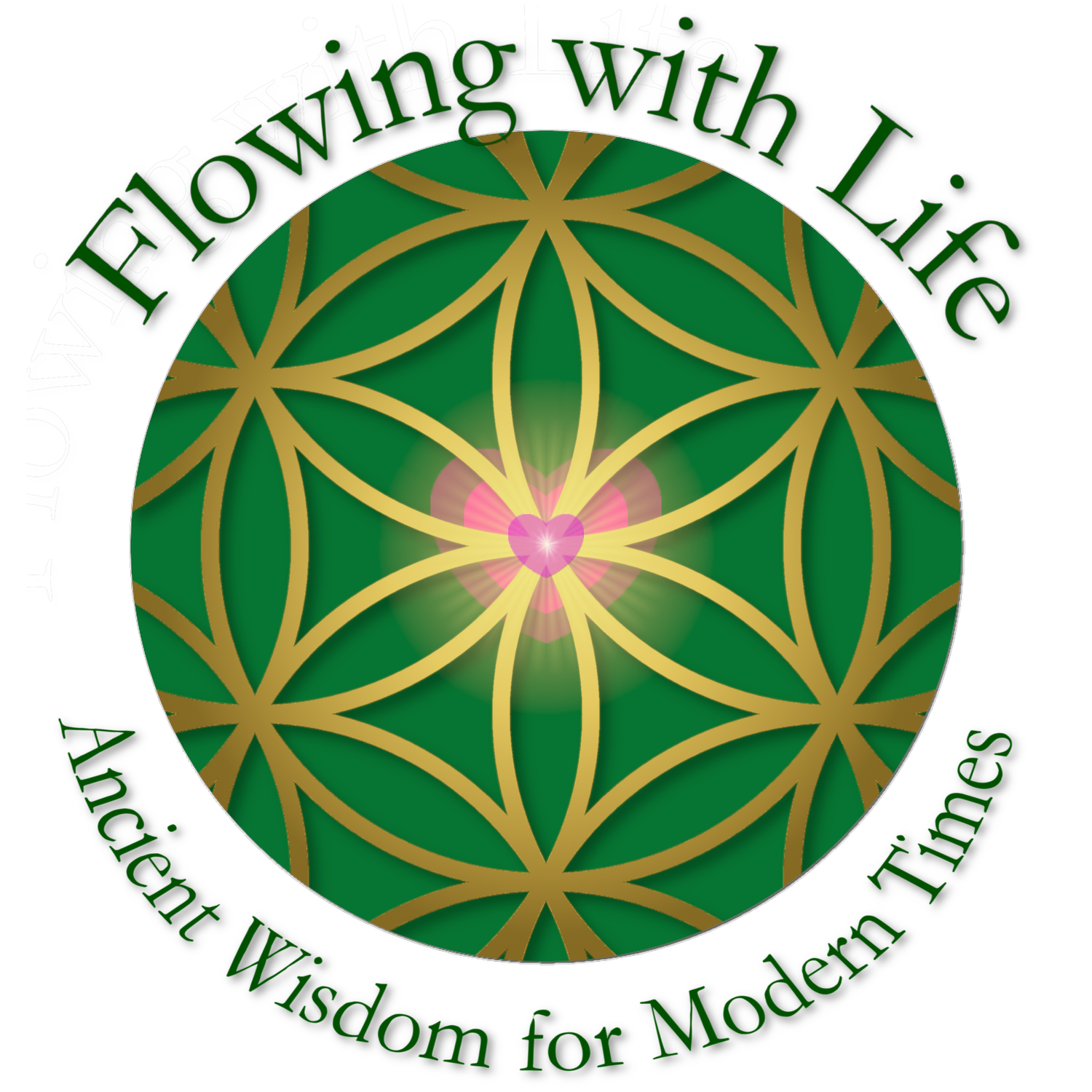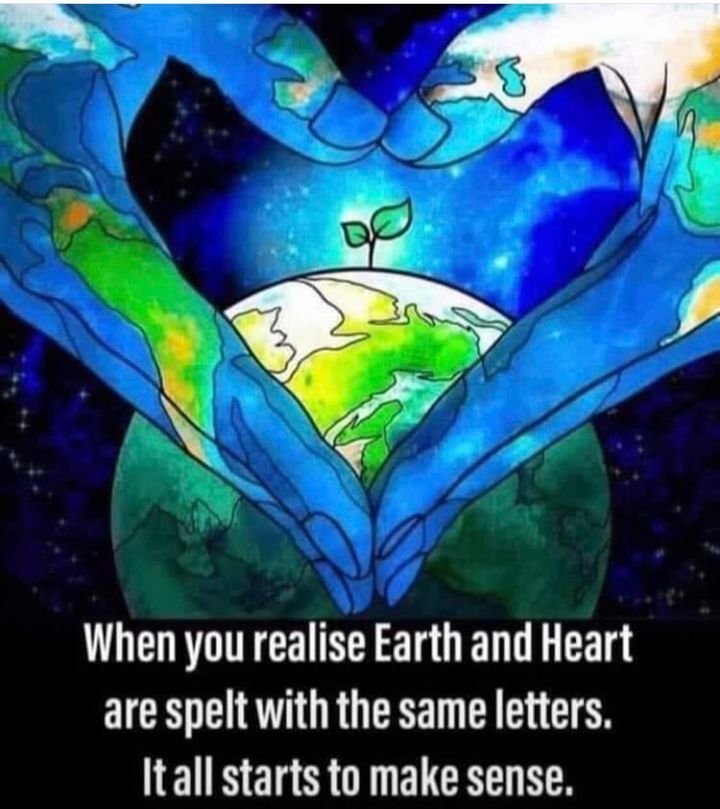Where We Meet (and the Possibility of Democracy)
On a train in Fife recently, I met a man who was deeply opposed to Scottish independence because he didn’t trust the SNP. And in another conversation in Shetland, I met a woman who assumed I must be a nationalist because I support Scottish independence. When we put each other or any aspect of life into boxes like this, we’re not really meeting – we’re caught up in our ideas of who we are and what is possible. In these times of incredible challenge, we might want to consider the possibility of stepping outside such strictures so we can really listen to each other.
When I worked in a youth club in a former mining village outside Edinburgh (around 20 years ago), I was stunned by what they called a meeting. The manager of the organisation stood in front and talked at the rest of us. Eventually I raised my hand and said, “I thought this was a meeting.” The equally stunned response from the boss was, “It is.” I replied, “but we’re not meeting each other – not sharing the challenges we’re facing, not discussing how we can adapt and learn, not inspiring and uplifting each other.” We were just listening to the person who considered themselves the centre of things.
As the psychiatrist, neuroscientist & philosopher Iain McGilchrist of Skye has pointed out, this is the nature of the left-hemisphere brain dominance which afflicts our culture. The left hemisphere wants to be important, wants to be right, and only sees life as a problem to be solved through rational analysis and the imposition of rules. Perhaps this is why so many people distrust political parties…for they, too, are often out of balance in this regard.
For a more balanced life with real possibilities for cooperative democracy and ecological wellbeing, McGilchrist tells us that the role of the left hemisphere is not to control but to support the right hemisphere. The latter takes a broad view of things, looks for connections rather than divisions, embraces the arts and spirituality, is open and curious.
So for those of us who aren’t party activists or independence campaigners who want to contribute in some way to a more democratic Scotland (and world), here’s a clue. We can be engaging creatively in physical movement and play, writing and other arts, spending time in nature and in connection with whatever spirituality means to us. We can help rebalance the aspects of consciousness in ourselves in order to help transform the way we relate to others. These changes spread through whatever systems we may be part of – family systems, work places, local communities – all of which are interconnected in more ways than we can possibly imagine.
I’m told that by questioning the nature of meetings in the youth club, many changes followed my departure. Because I was used to working in cooperative, democratic and participatory organisations and groups, my question helped others see that maybe that could be possible in the youth club as well. Probably we’re all planting seeds like this. And the more we nourish ourselves, the more those alternative, healthier systems can come into flower and go to seed themselves.
The great Sufi poet Rumi once wrote, “Beyond ideas of right and wrong (i.e., judgement), there is a field. I’ll meet you there.” The same teaching is hidden within Judeo-Christian teachings. In the garden of Eden, there is only peace and joy. Only when the fruit of the ‘knowledge of good and evil’ (i.e., judgement) is eaten, that peace and joy is replaced by shame and feelings of being excluded. When we are judging ourselves or each other, it seems to me, we cannot truly meet and there can be no real democracy.
All spiritual traditions point to a place within (a garden if you like), that is beyond judgement. A place of natural peace and joy. A place where love rules. This place can be felt physically in the heart.
As part of a Heart Of Living Yoga teacher training course, I once had the great blessing of spending time with a 97 year old Benedictine monk called Brother Herbert who had escaped the Nazis in his youth. “Brother Herbert, when you pray do you feel something around here?” I asked him while gesturing to my heart. “Of course,” he replied, “that’s how you do it!”
Meditation or prayer is not necessarily a reaching out to some distant authority, but rather connecting directly within to the natural wisdom of the heart which knows how to listen, how to meet, how to connect with others in a way that supports them in their own blossoming.
Probably we all want to live in a Scotland (and a world) where everyone can flourish, can truly be ourselves, can share our unique gifts. We can each start with nourishing ourselves and let that ripple out through the culture to the whole of the world.
___
Vishwam is on the teaching team for Heart of the Matter, a six week online course exploring how we can work together in a heart-centred way to support the transformation of our world. The course is offered as part of the gift economy where everyone contributes according to their own budget. Proceeds go to support under-privileged children and their families in Sri Lanka, Brasil, India, the USA & UK. All Welcome!



